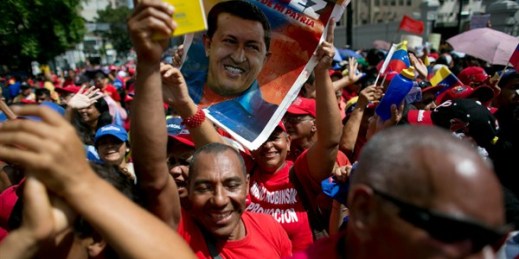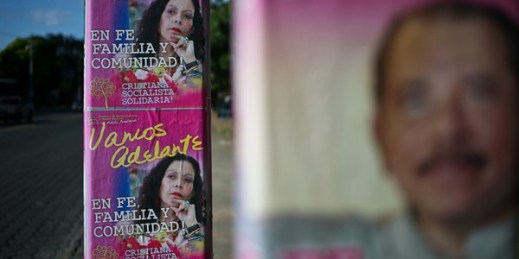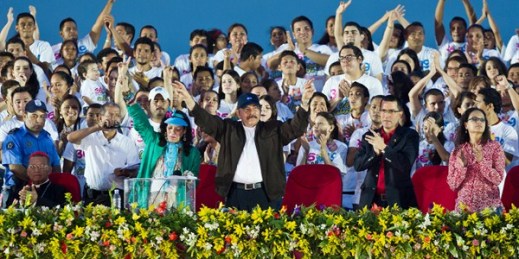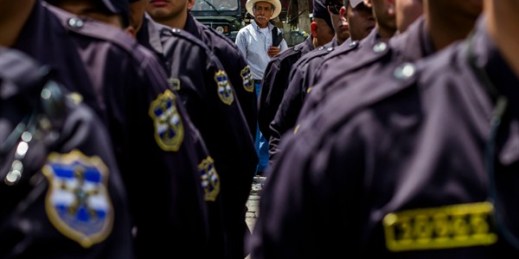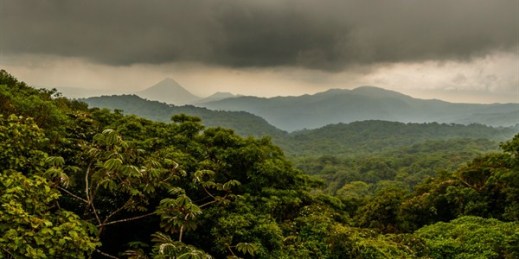
Editor’s note: This article is part of an ongoing WPR series on countries’ risk exposure, contribution and response to climate change. Last month, the Costa Rican Legislative Assembly ratified the Paris Agreement on climate change. After the vote, Environment Minister Edgar Gutierrez said that, despite being a small country, “Costa Rica showed the world that it has the courage to take bold and timely decisions to work for a sustainable development.” In an email interview, Mariel Yglesias, an environmental consultant, discusses Costa Rica’s climate change policy. WPR: What is Costa Rica’s risk exposure to climate change, what effects of climate […]

